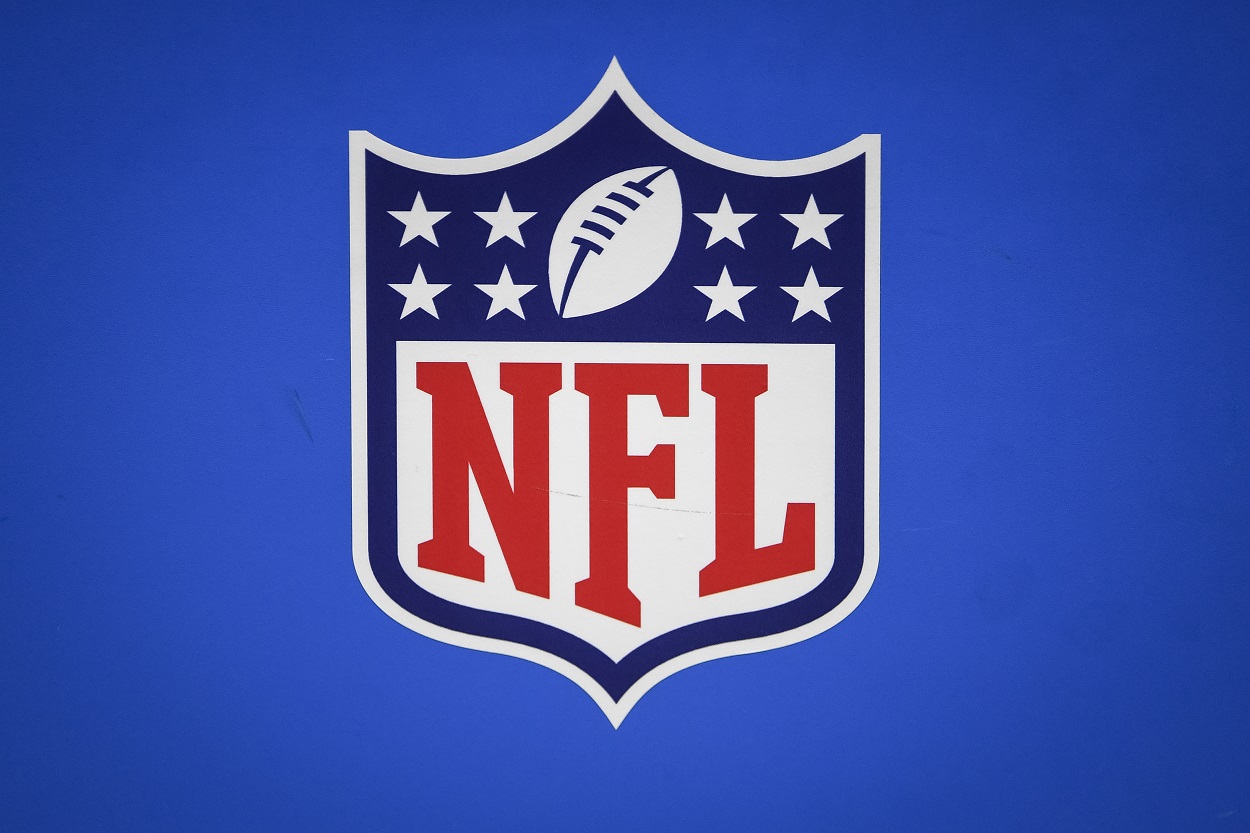NFL
2021 NFL Schedule: A Breakdown of the Strength of Schedule for All 32 Teams Heading Into the First-Ever 17-Game NFL Season

As NFL players and coaches prepare for the biggest season ever with an expanded 17-game schedule, Tom Brady and the defending champion Tampa Bay Buccaneers have to be feeling pretty good about their chances of getting back to the Super Bowl. Not only do the Bucs have the vast majority of their core group back but they’ve also got the fourth-easiest schedule in the league based on the final standings of 2020, trailing only the Atlanta Falcons, Dallas Cowboys, and Philadelphia Eagles. As for Tampa Bay’s Super Bowl 55 opponents, the Kansas City Chiefs have a bit tougher road as they have the 11th-toughest schedule in 2021.
The honor of the toughest NFL schedule of 2021 goes to the Pittsburgh Steelers, whose opponents had a combined winning percentage of .574 a season ago. Pittsburgh plays 10 teams that made the postseason in 2020 and will face three of the four participants from the conference title games as they’ll square off with the Chiefs, Buffalo Bills, and Green Bay Packers, although that last one may not prove to be as difficult depending on how the Aaron Rodgers saga plays out.
The only other team with a strength of schedule above .550 are the Steelers’ AFC North rivals, the Baltimore Ravens (.563). The Chicago Bears have the third-toughest schedule and are right on the .550 number while the Packers (.542) and the Minnesota Vikings (.531) round out the top five.
The 17th game means a true first-place NFL schedule for division winners

Since 2002, the year in which the NFL realigned the divisions as the Houston Texans became the league’s 32nd team, there really hasn’t been a difference between a “first-place” schedule and a “last-place schedule.” Every team played four games against a first-place team from the previous season, four against second-place, four against third-place teams, and four against last-place teams.
But the addition of a 17th game to the 2021 NFL schedule and beyond means that division winners from the previous year will now play a true “first-place” schedule as each will face five first-place teams, which essentially means that no division winner will ever have the easiest schedule at the outset of a season.
In 2019, the Baltimore Ravens went 14-2 on their way to winning the AFC North, which meant a “first-place” schedule for 2020. But when their opponents were determined for the 2020 campaign, they actually had the easiest schedule when the season began. The 17-game formula basically eliminates the possibility of something like that happening again.
How is the NFL schedule determined?
For those who may not know how the NFL schedule is determined, here’s a quick look at the formula used to schedule all 17 games for any given team:
- Every team plays a home game and an away game against its three division opponents (6)
- Each team from one division plays each team from a division within the same conference on a three-year rotating cycle (4)
- Each team from an NFC division plays each team from an AFC division on a four-year rotating cycle (4)
- Every team plays two intra-conference games based on the prior year’s standings. A first-place team plays the two first-place teams in the same conference that it’s not already scheduled to play and second-place, third-place, and last-place teams are matched up in the same manner. (2)
- Each team plays one interconference game based on the prior year’s standings on a four-year rotating cycle. A first-place team in the NFC plays a first-place team in the AFC that it’s not already scheduled to play and second-place, third-place, and last-place teams are matched up in the same manner. The home conference for these games will rotate every year.
A look at the strength of schedule for all 32 teams
Here’s a full breakdown of the 2021 NFL schedule strength rankings for all 32 teams.
- 1. Pittsburgh Steelers: .574 (155-115-2)
- 2. Baltimore Ravens: .563 (152-118-2)
- 3. Chicago Bears: .550 (149-122-1)
- 4. Green Bay Packers: .542 (147-124-1)
- 5. Minnesota Vikings: .531 (144-127-1)
- T-6. Cincinnati Bengals: .529 (144-128)
- T-6. Detroit Lions: .529 (143-127-2)
- 8. Las Vegas Raiders: .526 (142-128-2)
- 9. Cleveland Browns: .518 (140-130-2)
- 10. Los Angeles Rams: .515 (140-132)
- T-11. Kansas City Chiefs: .511 (138-132-2)
- T-11. Seattle Seahawks: .511 (139-133)
- T-13. Tennessee Titans: .507 (138-134)
- T-13. Arizona Cardinals: .507 (138-134)
- T-15. Washington Football Team: .504 (136-134-2)
- T-15. Houston Texans: .504 (137-135)
- 17. Los Angeles Chargers: .493 (133-137-2)
- 18. Jacksonville Jaguars: .491 (133-138-1)
- T-19. San Francisco 49ers: .489 (132-138-2)
- T-19. New York Jets: .489 (132-138-2)
- T-19. New England Patriots: .489 (133-139)
- 22. New Orleans Saints: .483 (131-140-1)
- T-23. Buffalo Bills: .478 (130-142)
- T-23. Indianapolis Colts: .478 (130-142)
- 25. New York Giants: .474 (128-142-2)
- 26. Carolina Panthers: .472 (128-143-1)
- T-27. Denver Broncos: .471 (127-143-2)
- T-27. Miami Dolphins: .471 (128-144)
- 29. Tampa Bay Buccaneers: .465 (126-145-1)
- 30. Atlanta Falcons: .454 (123-148-1)
- 31. Dallas Cowboys: .452 (122-148-2)
- 32. Philadelphia Eagles: .430 (117-155)
Stats courtesy of Pro Football Reference











